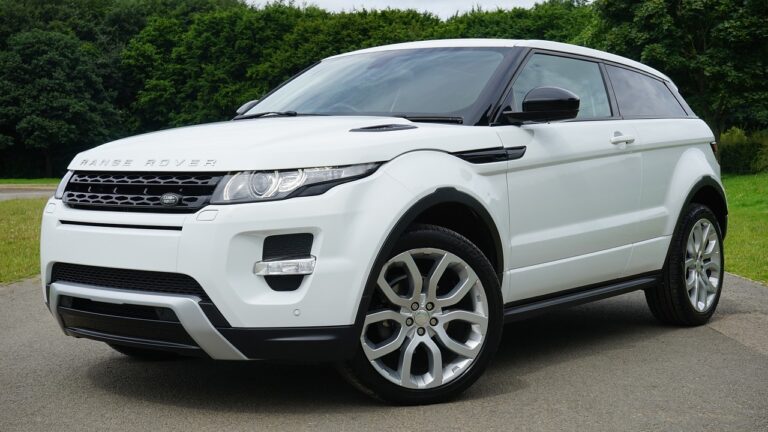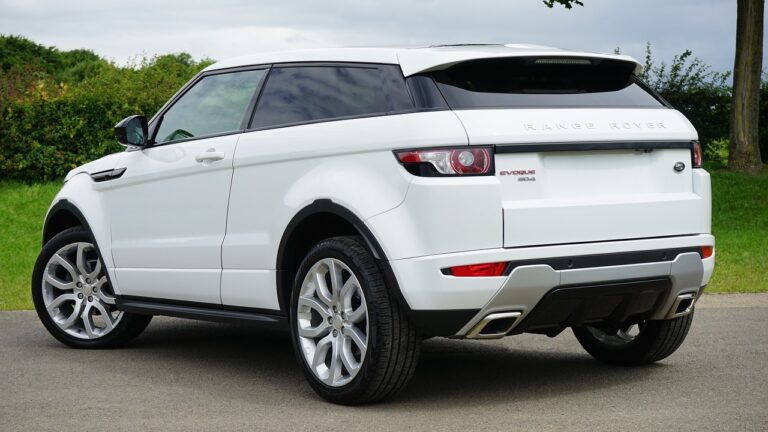The Evolution of Car Branding Strategies: Sky247 log in, Gold365, Gold win 365
sky247 log in, gold365, gold win 365: The Evolution of Car Branding Strategies
In the competitive world of automotive marketing, branding strategies have played a crucial role in the success of car manufacturers. Over the years, we have witnessed a significant evolution in the way car brands position themselves to attract and retain customers. From traditional advertising methods to digital marketing tactics, car companies have had to adapt to changing consumer preferences and technological advancements to stay ahead of the game.
In this article, we will explore the evolution of car branding strategies and how they have shaped the automotive industry as we know it today.
The Early Days of Car Branding
Back in the early days of the automotive industry, car branding was relatively straightforward. Companies focused on building a strong reputation for quality and reliability through word-of-mouth and traditional advertising channels, such as newspapers and magazines. Brands like Ford, Chevrolet, and Cadillac became household names by delivering on their promises of durability and performance.
As the industry grew and competition intensified, car manufacturers started to differentiate themselves through unique branding strategies. Ford, for example, introduced the concept of mass production with the Model T, making cars more affordable and accessible to the average consumer. This move not only revolutionized the way cars were manufactured but also solidified Ford’s reputation as an innovative and forward-thinking brand.
The Rise of Emotional Branding
As the automotive market became saturated with countless brands vying for consumers’ attention, car manufacturers realized the importance of connecting with customers on an emotional level. This led to the rise of emotional branding, where companies sought to create a strong emotional bond with their target audience through storytelling and brand values.
One of the best examples of emotional branding in the automotive industry is BMW. The German carmaker has successfully positioned itself as a brand that embodies luxury, performance, and innovation. Through its iconic “Ultimate Driving Machine” slogan and marketing campaigns that evoke a sense of thrill and excitement, BMW has cultivated a loyal fan base that resonates with the brand’s values.
The Digital Revolution
With the advent of the internet and social media, car branding strategies underwent a significant transformation. Car manufacturers now had the opportunity to reach a global audience and engage with customers in real-time through various digital channels. Companies began to invest heavily in digital marketing tactics, such as social media advertising, influencer partnerships, and content marketing, to increase brand awareness and drive customer engagement.
Tesla, the electric car manufacturer founded by Elon Musk, is a prime example of leveraging digital marketing to build a strong brand presence. Through its innovative products, sleek designs, and eco-friendly messaging, Tesla has positioned itself as a frontrunner in the electric vehicle market. The company’s active presence on social media platforms like Twitter and Instagram has helped create a community of passionate followers who advocate for the brand.
Sustainability and Corporate Social Responsibility
In recent years, consumer attitudes towards sustainability and social responsibility have influenced car branding strategies. As environmental concerns become more prevalent, car manufacturers are under pressure to develop eco-friendly vehicles and adopt sustainable practices in their operations. Brands that demonstrate a commitment to reducing their carbon footprint and supporting social causes are perceived more favorably by consumers.
One brand that has successfully integrated sustainability into its branding strategy is Toyota. The Japanese automaker has been a pioneer in hybrid technology with its Prius model, which has become synonymous with environmental consciousness. Toyota’s “The Power of Dreams” campaign highlights the brand’s dedication to creating a better future through innovation and sustainability, resonating with environmentally conscious consumers.
The Future of Car Branding
As we look towards the future, it’s evident that car branding strategies will continue to evolve to meet the changing needs and preferences of consumers. With advancements in technology, such as autonomous driving and electric vehicles, car manufacturers will need to adapt their branding efforts to stay relevant in a rapidly evolving market.
Personalization and customer experience are expected to play a more significant role in shaping car brands’ identities. Companies that can create personalized and seamless experiences for their customers, both online and offline, will be able to build stronger brand loyalty and differentiate themselves from competitors.
In conclusion, the evolution of car branding strategies reflects the dynamic nature of the automotive industry and the evolving expectations of consumers. From traditional advertising methods to digital marketing tactics, car manufacturers have embraced innovation and creativity to create compelling brand identities that resonate with their target audience. As we move into a more connected and sustainable future, car brands must continue to adapt and innovate to stay ahead of the competition and build lasting relationships with customers.
—
FAQs
Q: What are some key factors that have influenced the evolution of car branding strategies?
A: Several key factors have influenced the evolution of car branding strategies, including technological advancements, changing consumer preferences, increased competition, and environmental concerns. Car manufacturers have had to adapt to these factors to stay relevant and connect with their target audience effectively.
Q: How important is emotional branding in the automotive industry?
A: Emotional branding plays a crucial role in the automotive industry as it helps car manufacturers create a strong emotional connection with their customers. By tapping into consumers’ emotions and values, brands can differentiate themselves from competitors and build lasting relationships with their target audience.
Q: What role does sustainability play in car branding strategies?
A: Sustainability has become a significant factor in car branding strategies as consumers become more environmentally conscious. Car manufacturers that prioritize sustainability and eco-friendly practices can enhance their brand image and appeal to a growing segment of environmentally conscious consumers.





